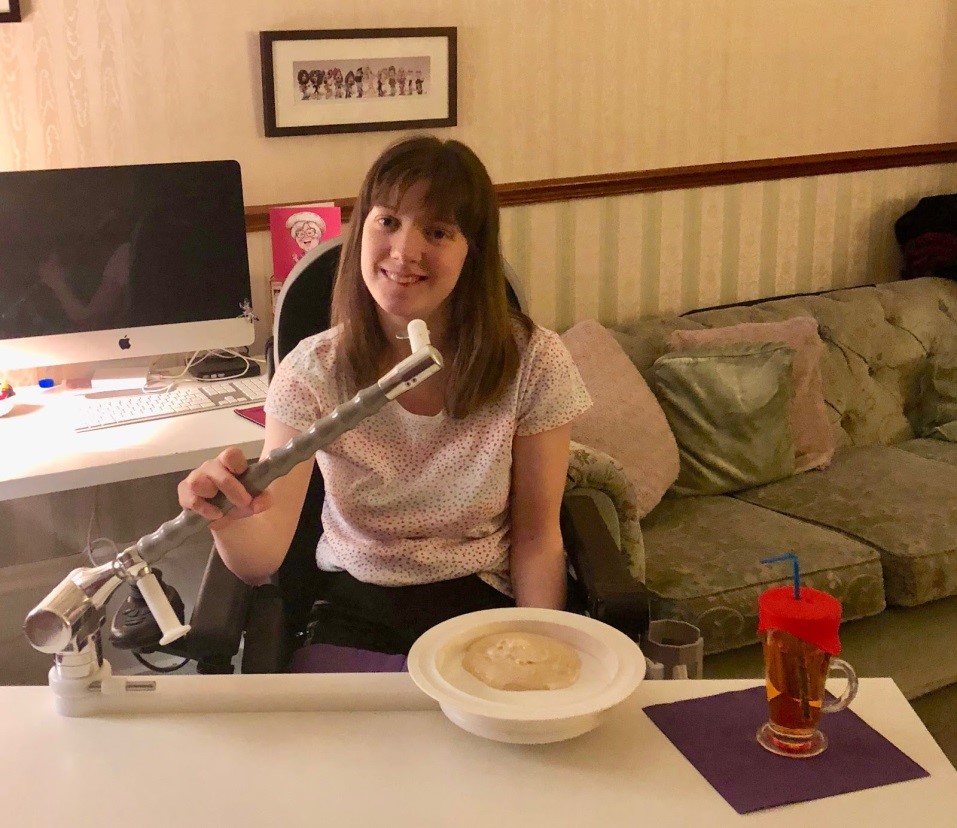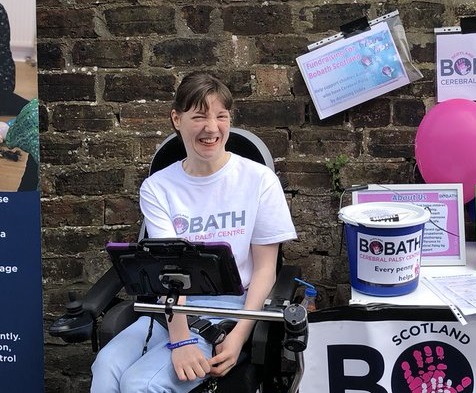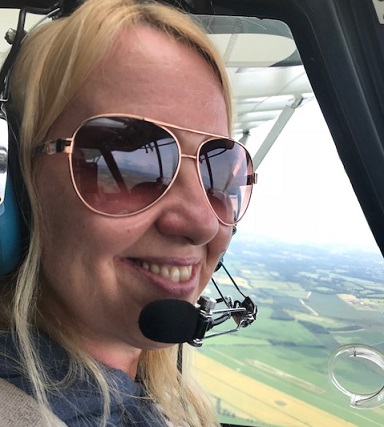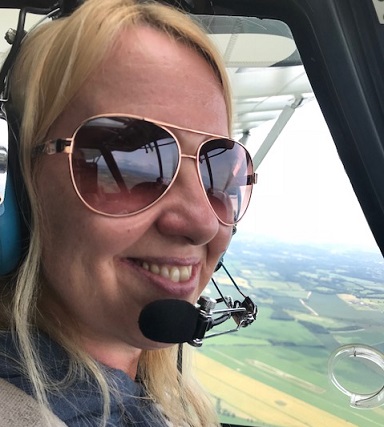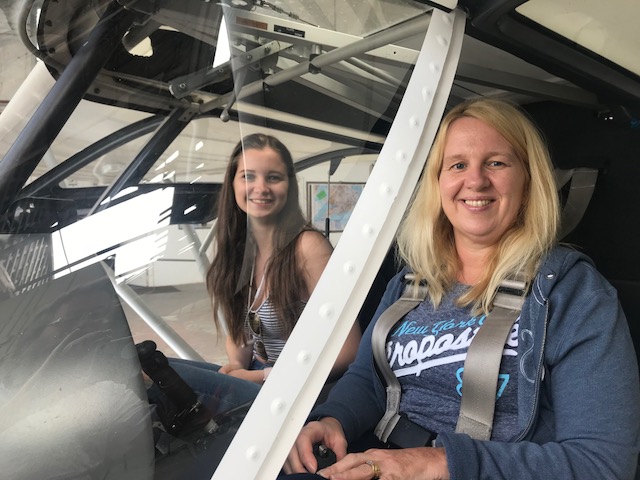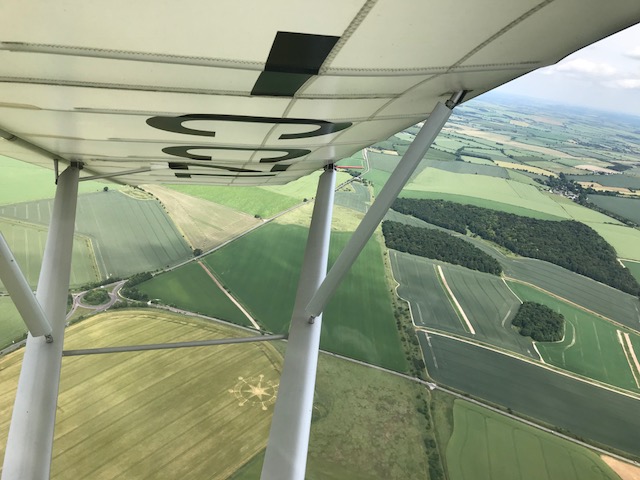What’s a Neater Eater?
In the first of a series of equipment reviews, blogger Bernie tells us about the Neater Eater
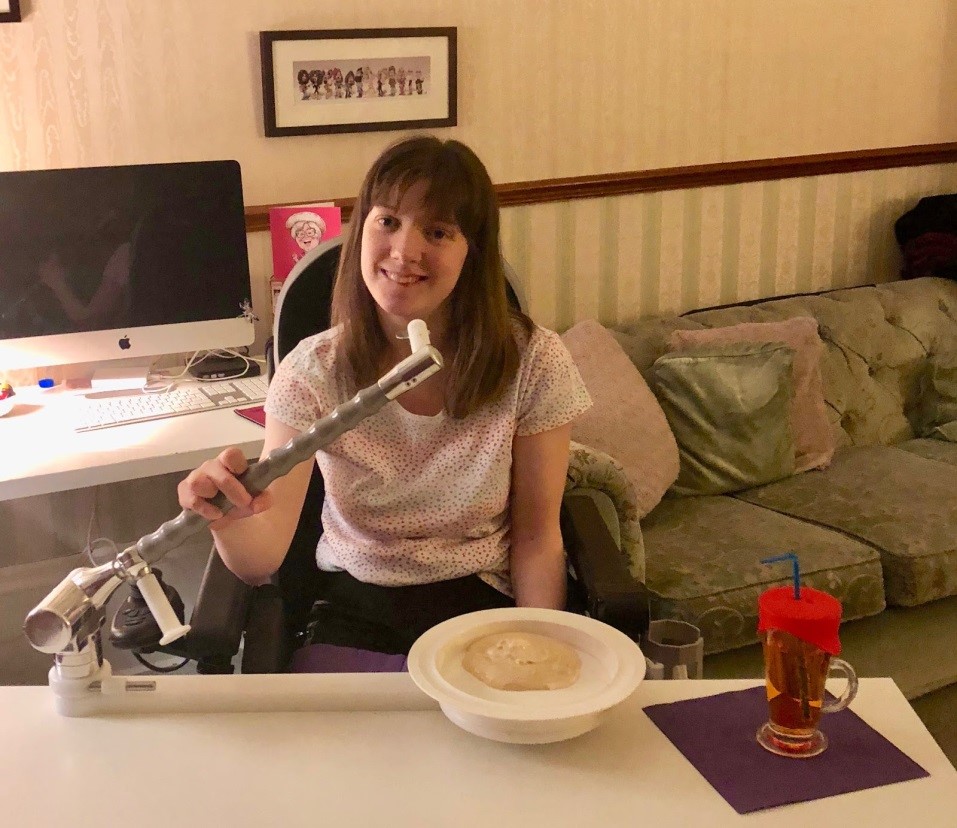
The Neater Eater is an aid to assist me when I am eating, it is a piece of equipment that attaches onto a standard table, with it’s own plate and spoon which attaches onto a bar and this moves up, down, back and forward- this is how you control the spoon, it has also got grips on the bar and this makes it easy to hold.
There are two versions of the Neater Eater… a manual or electric version. The electric one is for people who are not able to use their arm to physically hold the Neater Eater’s bar to control it down to pick up the food then up to their mouth. This one can be programed for the times at the rate that the person eats at, it is usually operated by a button but it can adapted to be operated by switches. The manual one is not electric and you need to use your hand to use it to operate the Neater Eater which I can to do.
I have Cerebral Palsy which effects my movement, I find it very challenging to eat certain types of food by myself especially liquid foods like- cereal, soups, beans, peas, noodles and yogurts. All foods that require you to eat with a spoon, I can’t physically get these onto a spoon and into my mouth without dropping the food. This is because of my involuntary movement, so I have had help from family members, who I feel comfortable with, assisting me at meal times for most of my life.
In 2017, is when one of my family members found out about the Neater Eater and we looked into it. I got in touch with my O.T department and an O.T came out to my house and assessed me. The next step was to request a home visit from the company to assess me and to demonstrate the Neater Eater…this was to see if I would benefit from having one of my own and also to see what type of Neater Eater that would be suitable for my needs…the electric or manual one. The process of the order took a few weeks as funding has got to be sorted out but it was definitely worth the wait.
Once the piece of equipment is set up by the company, to best suit people’s individual needs. It is ready to use. As I have said, I have the manual version of the Neater Eater. To operate it all I have to do is put my hand on the bar which has grips on it which secures my hand and the spoon is attached onto this part, I lower the bar down until it reaches the plate, I pull the bar forward in order to get the food onto the spoon and then you have the option of keeping your hand on the bar or taking you hand off as it has springs built into the movement of it, meaning that the bar comes back up automatically to the level that my mouth is at and then all I have to do is pull the bar forward, towards me and take the food off of the spoon. You just repeat these steps up until you are about to finish, the plate spins round and I use my other hand to spin it round while holding the bar down in order to get the food that is round the edges of the plate. There are also other types of accessories such as cutlery – spoon or fork that you can get for the Neater Eater. I personally just use the one spoon and plate for all foods as I can manage but other people might prefer to change the spoon or plate, depending on the type of food that they are having.
Overall, the Neater Eater has made a big difference to me, it has given me independence at meal times, I don’t need any assistance with liquid foods anymore…I have more of a choice of foods now whereas before, I always had to pick the easy option like solid foods that don’t require you to eat with a spoon. It’s amazing how my movements does not affect how the Neater Eater operates.. No matter how much I move, the bar and spoon stays in the set position.
I have to put so much more effort into doing tasks as my muscle tone tenses up when I’m concentrating on something, this makes me really tired as I am putting a lot of energy into it and before I got the Neater Eater I often felt tired after eating foods that I needed a spoon for, even know I had assistance at meal times- I still tried to do as much as I could myself. Now I have got the Neater Eater, I don’t have to put just as much energy into it- making me enjoy my meals more.
Check out my demonstration of the Neater Eater here: https://youtu.be/S6HYyDMdF6I
To find out more about the Neater Eater go to the following website: http://www.neater.co.uk/neater-eater/
